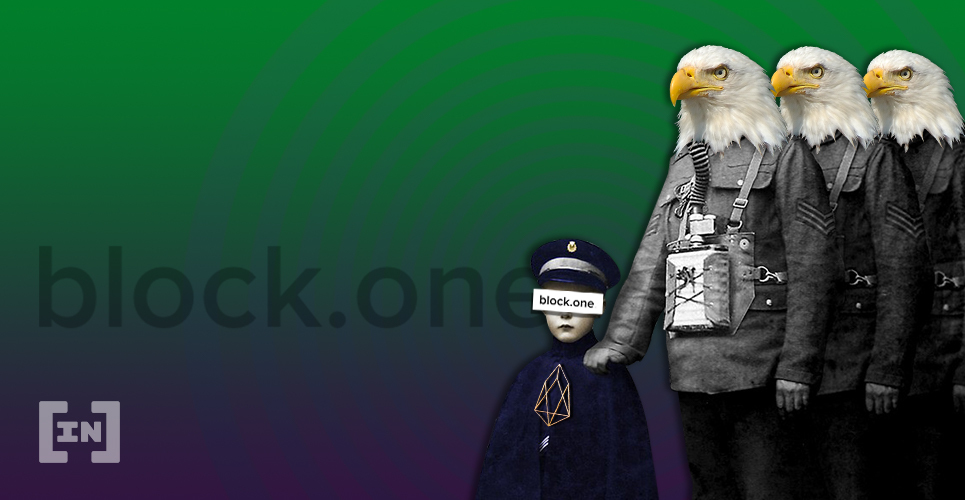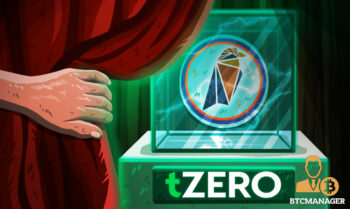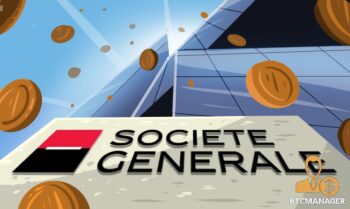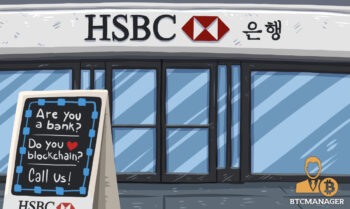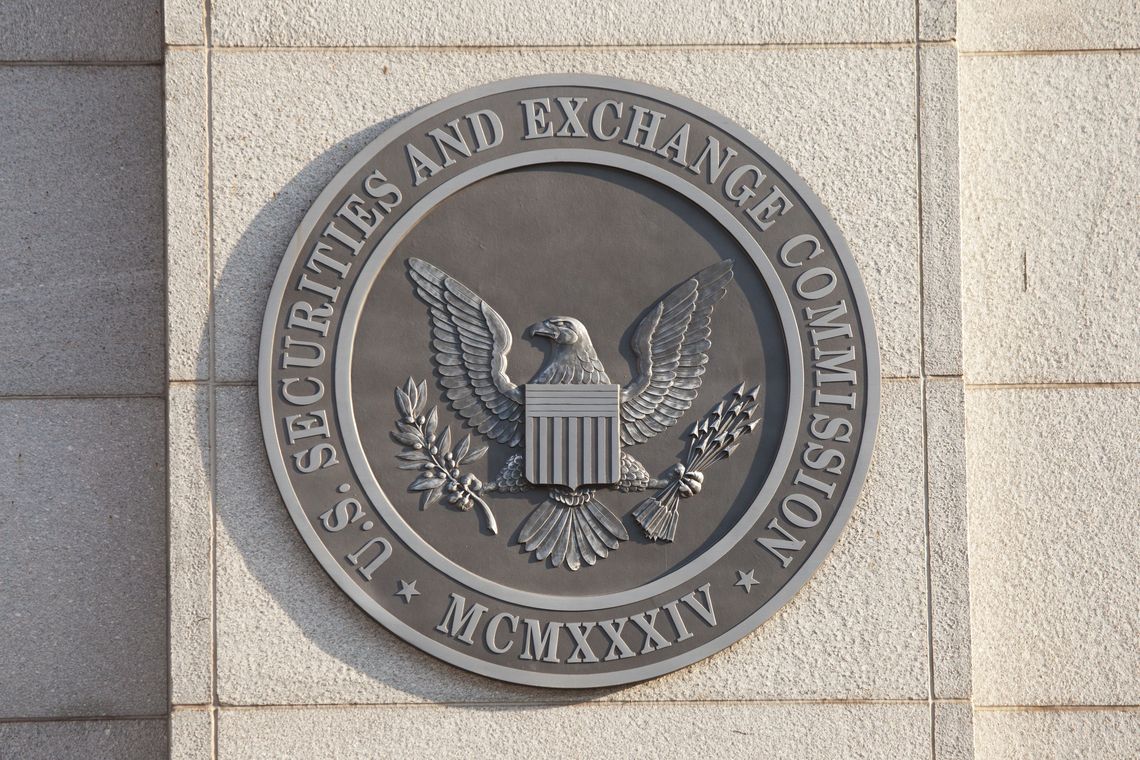2019-10-2 00:54 |
It was a long time coming, but it happened: Block.one, the company behind EOS, settled with the U.S. Securities and Exchange Commission (SEC) for selling an unregistered security with its allegedly $4 billion (yes, that’s 4 with 12 zeros!) token sale. The sum total penalty? $24 million dollars.
That’s it. $24 million for EOS to effectively wash its hands of the unregistered token sale. While this settlement does not preclude action by other U.S. agencies or private lawsuits, the civil penalty is effectively an after-the-fact, pay-to-play fine, one that does not impede Block.one’s control over EOS, demand the company to disgorge any of its profits from the sale or ask that they remunerate token sale participants. EOS did not engage in fraud; it just sold an unregistered security, the SEC claims.
Critics of the settlement drew comparisons between EOS’s unlicensed security sale to Blockstack’s completely compliant one. As Larry Cermak wrote for The Block, Blockstack, by completing the world’s first registered security token offering, paid some $2 million in legal fees over the course of 10 months to receive SEC approval for its $23 million sale. The $2 million in fees is 8.6 percent of its gross revenue from the sale, while EOS’s fine is only 0.6 percent of its own gross revenue.
Why, the argument goes, should a fully compliant company have to pay more proportionally than one that circumvented regulation? Block.one’s post-factum payout to the SEC, while still an unignorable $24 million, is paltry by comparison.
It could be (and basically has been) said that the company made out like bandits. But the better question here is not “Should Block.one be allowed to get away with this?” (Because clearly it is, if you want to frame it this way — “getting away with it.”) No, the better question is: “How did Block.one make it out relatively unscathed, and what are the greater ramifications of these results?”
Playing BallThe SEC launched its investigation into Block.one’s year-long ICO (held from June 2017 to June 2018) following the token sale’s completion, and this settlement determines that the ERC20 token sold during the ICO was a security. But the SEC did not issue a judgment on whether the EOS coin, now running natively on the EOS blockchain, is a security. (This echoes SEC Director of Corporate Finance William Hinman’s remarks that a project may sell a coin as a security offering, but over time, this coin may fall out of this category if it is sufficiently decentralized.)
Seeing as EOS operates basically under the auspices of 21 node operators (and the de facto reign of its progenitor, Block.one), whether or not the project is decentralized is up, as ever, for colorful debate. But never mind, because the SEC is primarily concerned with how the token was marketed and sold.
For example, even though Block.one “[blocked] U.S.-based IP addresses from accessing the EOS.IO Website token sale page,” it failed to “ascertain from purchasers whether they were in fact U.S.-based persons,” resulting in “a number of U.S.- based persons purchas[ing] ERC-20 Tokens directly through the EOS.IO Website.” This, as Katherine Wu wrote in her annotated breakdown of the settlement documents, illustrates the limits of geofencing for token sales and the SEC’s tolerance for this argument.
That tolerance was no doubt weakened by the fact that EOS purchased ad space in Times Square in anticipation of Consensus 2017 and threw afterparties at the event. This marketing practice, targeting a largely American audience, is entangled in buyer expectations that the investment tokens would appreciate in value — a hallmark of securities.
So why does Block.one get a $24 million pass for playing so fast and loose? Because once Uncle Sam came around to hold the company accountable, it tightened up and played ball.
“Block.one is initiating a process of consultation and discussion with staff of the Division, including the SEC’s Strategic Hub for Innovation and Financial Technology (FinHub) in connection with the Voice token. Block.one will continue to engage with staff of the Division and FinHub on its future projects, as appropriate,” Block.one’s legal counsel wrote in a document accepting the settlement.
In exchange for its cooperation, Block.one avoids a cease and desist from the SEC and disqualification from future securities sales under specific exemptions. That’s right, the settlement leaves the door open for Block.one to execute other token sales (and it hints that it likely will, as the document reveals the company is considering launching a sale of its social-media-facing VOICE token to accredited investors).
An Unimpressive Precedent or Impressively Unprecedented?Returning to the issue of Blockstack and Block.one’s diametrically opposed token sale strategies, EOS’s mea culpa seems to lay a shaky foundation for token issuers to launch an ICO without approval with the expectation of paying for it later. This “shoot first, say sorry later” approach could give rise to a new wave of regulation-dodging ICOs, Cermak argues in his op ed.
Stephen Palley, a partner at Anderson Kill law firm, thinks this is far from the point (he actually calls the take “stupid” in another article on the settlement for The Block). The settlement ultimately means much less than a lot, Palley concludes in his article, especially considering Block.one launched its widely successful ICO in the shadow of the SEC’s scrutiny. With the regulatory agency’s light now shining like a blinding beacon of untempered, star-spangled justice on the unscrupulous field of token issuers, Block.one’s escape act, likely a one-off absolution, isn’t going to be replicated.
“… the notion that this kind of settlement is a green light for unregistered securities offerings is stupid. Stupid. That’s the technical word. Any lack of regulatory or legal clarity on these things that arguably might have existed two years ago is gone. Block.one might have gotten lucky, to the tune of more than a billion dollars,” Palley wrote.
He reiterates Katherine Wu’s sentiment, as well, that this news reinforces something the industry is slowly coming to grips with: If regulators want you to pay up, it’s better to settle in private than take them kicking and screaming to court.
“Does this settlement set any sort of precedent? No. It’s neither a slap on the wrist or a get out of jail free card. And it only applies to Block.one,” according to Palley. “The best one can say is that it’s a signal to market participants that they will have a better chance of surviving if they approach the SEC and work out a deal (like Block.one) than if they kick shins and fight a legal fight that they are likely to lose (like Kik).”
Block.one’s settlement by no means creates a playbook for bypassing regulations. Not everyone will be able to say, “Oops, our bad lol!” and then rectify this with a fine. It might, however, establish further precedent for market watchdogs to go after unlicensed securities offerings. Palley anticipates more settlements like this to come, something one of his colleagues, Robert Cornish Jr., a partner at Anderson Kill, reaffirmed in correspondence with Bitcoin Magazine.
So after all that, we’re left asking ourselves, “When, XRP?”
The post Op Ed: Key Takeaways From Block.one’s $24M Settlement With the SEC appeared first on Bitcoin Magazine.
origin »Miner One token (MIO) íà Currencies.ru
|
|

